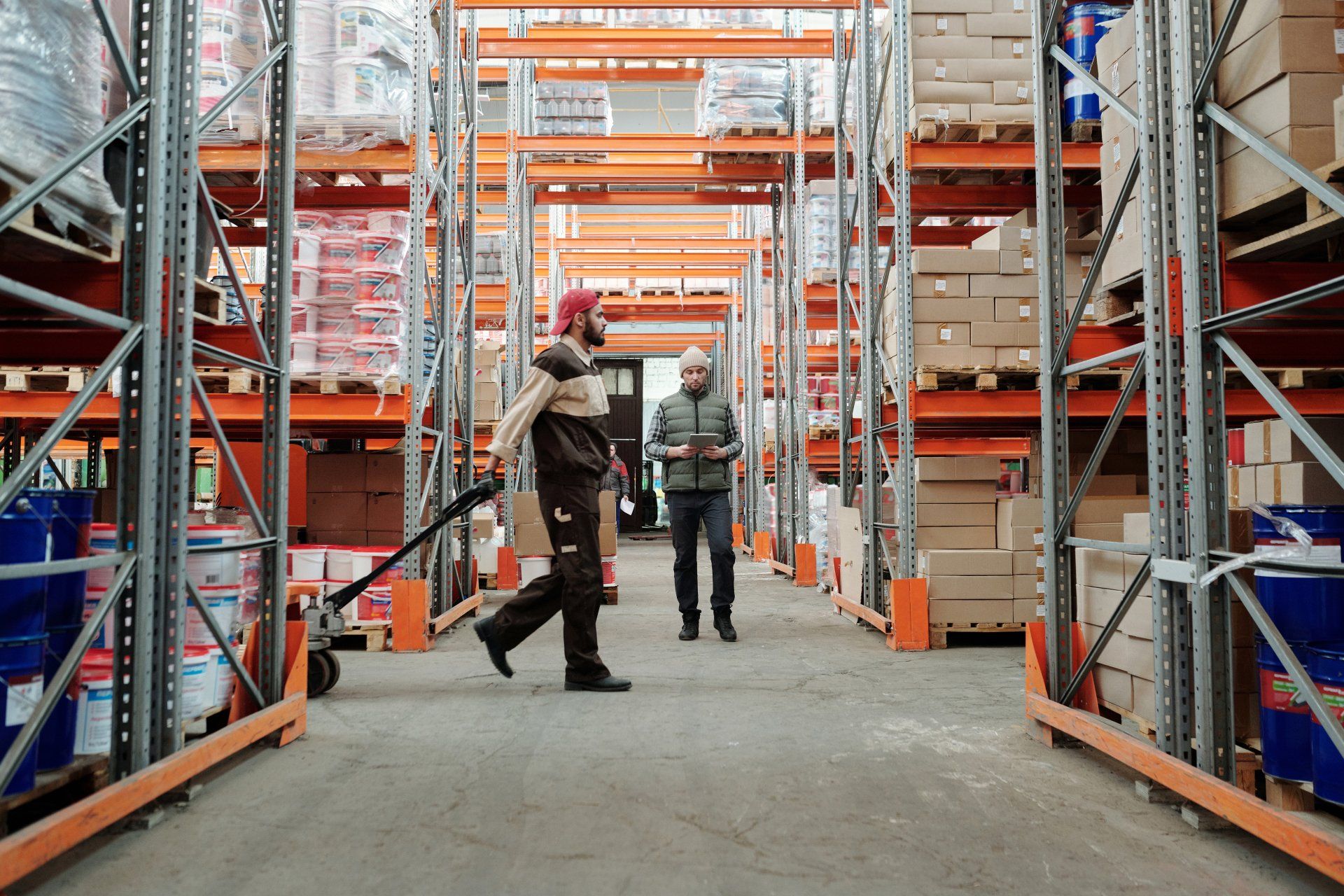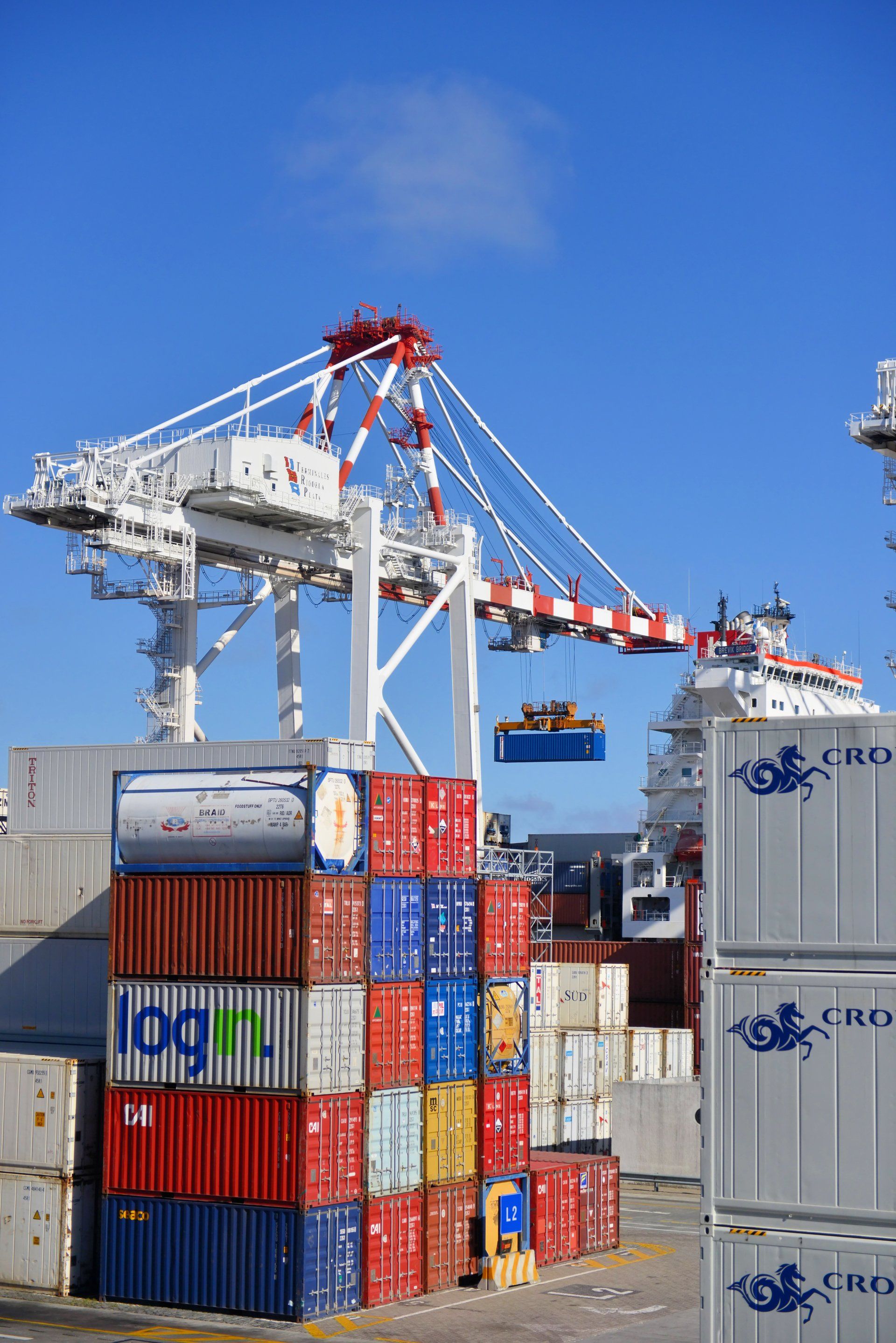End Freeports
Freeports
Freeports
End that system so workers have full worker rights
End that system so workers have full worker rights
... Totally justified stance of local trade unions that any Freeport on the Tees (Teesside ports in northeast England) must not be used to create “rights-free” zones with lower wages and poorer conditions"...
What are Freeports?
What are Freeports?
... "Freeports are secure customs zones, usually located around seaports or airports, which have in place special rules in relation to business and trade laws. Importantly, goods can be imported, manufactured, stored and exported without being subject to customs duties."...
Threat to National Insurance Fund ..."Tax: The government is weighing up changes to various tax measures, including ... most interestingly from an employment law perspective – employer’s National Insurance contributions."...
..."freeports have existed in the UK before and were removed"... "Freeports are not a new idea – they existed in the UK until 2012"...
..."The TUC has recently reported their view on the position saying that “Workers in Free Ports are likely to have less protection than the rest of the UK. This ultimately means lower pay and less job security in coastal communities already facing long term economic problems.”...
Could Freeports be used for tax evasion?
European Commission’s study entitled “Money laundering and tax evasion risks in free ports”. The report was conducted at the request of the European Parliament’s Special Committee on Financial Crimes, Tax Evasion and Tax Avoidance following concerns that free zones in the EU were being used to launder money and facilitate tax evasion and avoidance. It looked in particular at Luxembourg’s Le Freeport, a privately owned freeport which has significant involvement in the storage of high-value artwork.
The report notes that most freeports involve a degree of secrecy which allows goods to be brought into them without the ultimate beneficial owner being disclosed. Further, the value of goods stored in freeports is usually declared by the owner or their representative, which creates a risk that they could be over- or undervalued. It concludes that freeports share similarities with offshore financial centres – including high security and discretion – which allow them to operate as tax havens."...


